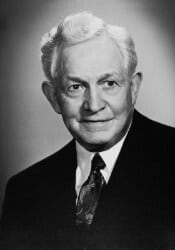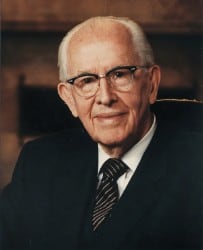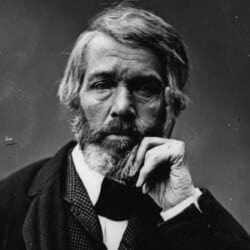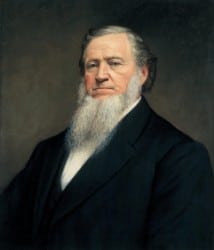
“Character is the aim of true education; and science, history, and literature are but means used to accomplish the desired end. Character is not the result of chance work but of continuous right thinking and right acting. . . . True education seeks, then to make men and women not only good mathematicians, proficient linguists, profound scientists, or brilliant literary lights, but also honest men, combined with virtue, temperance, and brotherly love — men and women who prize truth, justice, wisdom, benevolence, and self-control as the choicest acquisitions of a successful life. . . It is regrettable, not to say deplorable, that modern education so little emphasizes these fundamental elements of true character. The principal aim of many of our schools and colleges seems to be to give the students purely intellectual attainments and to give but passing regard to the nobler and more necessary development along moral lines.”
| Gospel Ideals p. 440-441



















